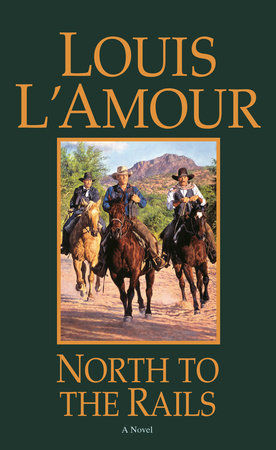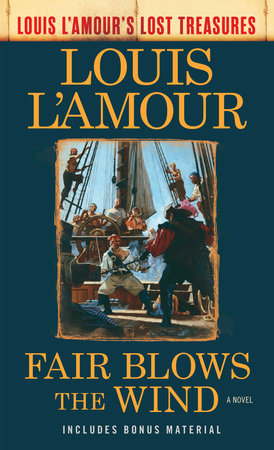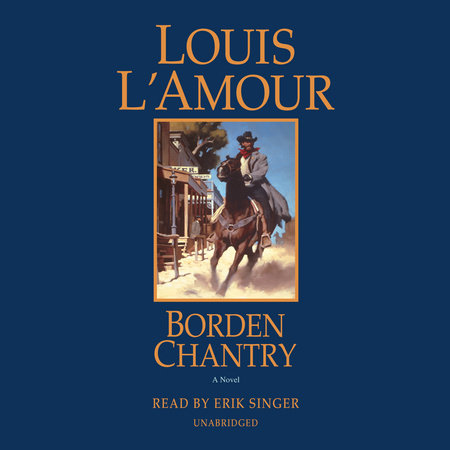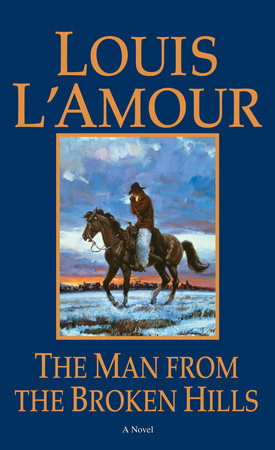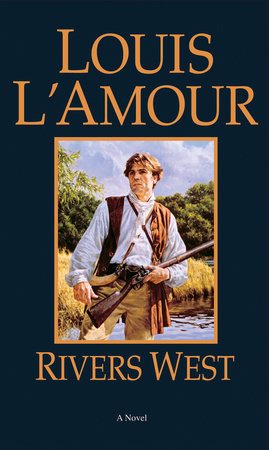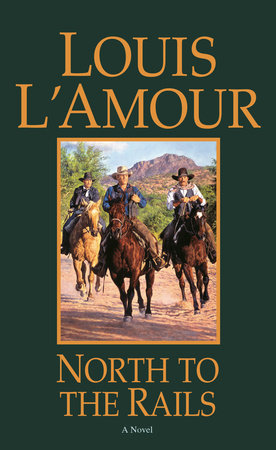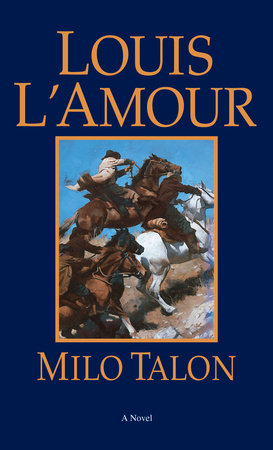Excerpt
North to the Rails
They could call it running away if they wanted to, but it made no sense to kill a man, or risk being killed over something so trivial. He had never used a gun against a man and did not intend to begin now.
He glanced back, but the town lay far behind him, and there seemed to be no reason for pursuit.
Dawn would be breaking soon, and they would be expecting him on the street to face Dutch Akin, and Dutch would certainly be there, right in the middle of that Las Vegas street, a gun ready to his hand.
It was a savage custom, a ridiculous custom. His mother had been right to take him away from it, back to the eastern city where her family lived. She had never loved the West ... not really.
He had been a fool to come West, even on business. But how could he have imagined he would run into trouble? Though he rarely took a drink and was not inclined to argue, he had taken a drink while wating for either Pearsall or Sparrow, and had gotten into an argument. All right ... he
had made a mistake, but how was he to know they would make so much out of so little?
To hell with Dutch Akin, and with Las Vegas! He would be damned if he'd get himself killed over a few careless words in a saloon. It made no sense — no sense at all.
What would they say when they realized he was gone? When he failed to appear? At the thought, his ears reddened and he felt uncomfortable.
To hell with them! It was beter to be a live coward then a dead hero.
Coward ... the word rankled. Was he a coward? Had he been afraid? He searched himself for an answer, and found none. He did not believe he was a coward. He had come away from a ridiculous situation ... or was he just telling himself that? Was he not actually afraid?
He seemed to feel his father's eyes upon him — those cool, thoughtful eyes that knew so well how to measure a man and judge what he had in him.
He remembered his father, the day they brought him home on a shutter, still alive, but badly shot up. There had been three men. One of them had taken a drink, waved a bottle, and staggered, but when Borden Chantry had come ot arrest him the man suddenly dropped his bottle ad two other men stepped from ambush, and his father had gone down in a wicked crossfire. He got off one shot, that was all. The three men had fled the town.
His father had lived for two days in considerable pain before the doctor arrived from the fort; by the time he got there his father was dead.
It was as his mother had told him: if you lived by the gun you died by the gun.


